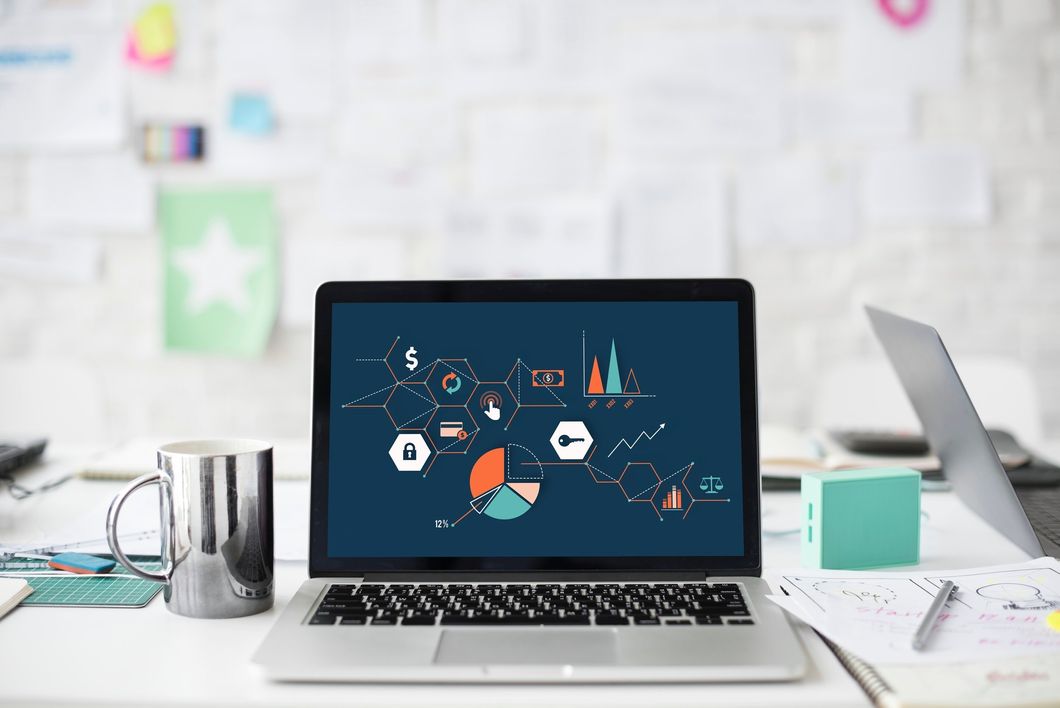Many of today's technologies were the subject of yesterday's science fiction. In fact, nowadays, technology is moving at such a rapid pace that many scholars believe in "autonomous technological change." They believe that technology is developing on its own while humans are merely guiding it. While I don't necessarily agree with that view, I do believe that the future of technology remains bright. Here are three technologies, some projected to exist one day and some currently "hot on the press," that I think are noteworthy:
1. FedCoin
The FedCoin is a proposed cryptocurrency technology system operated by the Federal Reserve, the central bank of the United States. Researchers predict that the Fed will create its own blockchain technology, through which consumers will be able to trade in dollars for FedCoins at a one-to-one ratio. The FedCoins, stored in electronic bank wallets and accessible via smart devices (most popularly, cellphones,) can be used to make common purchases like groceries.
What is significant is that this system will not operate on a peer-to-peer network like traditional blockchain systems. Instead, transactions made using FedCoins, which are stored in electronic accounts at a local bank, will be centralized as they all get consolidated by the Federal Reserve. Implications of this potential technology are many. For example, the system might make tax payments a simple electronic transfer from individual accounts into a larger Federal account, eliminating the need for so much esoteric tax paperwork. The system may also eventually make paper money obsolete.
2. Rubicon Global
Sometimes described as “Uber For Trash," this startup offers a software that allows business to contact trash collectors when they need a trash pickup. The trash that is picked up is delivered to landfills or reused/recycled as needed.
This company is categorized as Eco-Tech because it also sends data back to users, giving them an idea of just how often they use the service and thus an idea of just how much trash they dispose of. The goal is that the reception of such data will induce consumers to reduce their waste. Besides that, the company also works with businesses to find new ways to re-use and recycle.
3. Chatterbaby
This application was developed by Ariana Anderson, a researcher at UCLA. The app uses AI technology to distinguish between changes in a baby's cry. The changes are interpreted by the algorithm and translated to indicate to the user whether the baby is hungry, fussy, pained, etc.
The future potential of this technology lies in Anderson's hope that it will one day be able to detect irregularities in cry patterns and thus diagnose Autism in babies. Currently, Autism can hardly ever be diagnosed at such an early age. Given that the advantages of early diagnosis are wide-ranging, with early encouragement and tailored accommodations in the child leading to a more successful one-day adult, we are all cheering Anderson on.

















